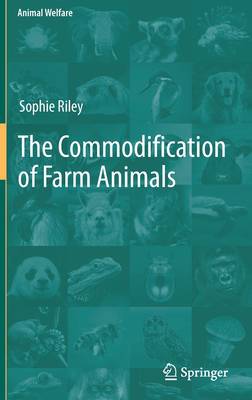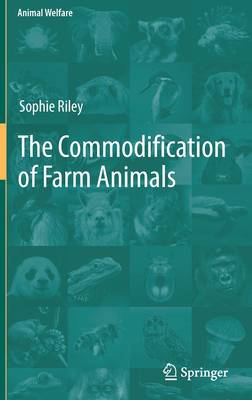
- Afhalen na 1 uur in een winkel met voorraad
- Gratis thuislevering in België vanaf € 30
- Ruim aanbod met 7 miljoen producten
- Afhalen na 1 uur in een winkel met voorraad
- Gratis thuislevering in België vanaf € 30
- Ruim aanbod met 7 miljoen producten
Omschrijving
This book examines how the developments in veterinary science, philosophy, economics and law converged during the nineteenth and early twentieth centuries to entrench farm animals along a commodification pathway. It covers two neglected areas of study; the importance of international veterinary conferences to domestic regimes and the influence of early global treaties that dealt with animal health on domestic quarantine measures. The author concludes by arguing that society needs to reconsider its understanding and the place of the welfare paradigm in animal production systems. As it presently stands, this paradigm can be used to justify almost any self-serving reason to abrogate ethical principles.
The topic of this book will appeal to a wide readership; not only scholars, students and educators but also people involved in animal production, interested parties and experts in the animal welfare and animal rights sector, as well as policy-makers and regulators, who will find this work informative and thought-provoking.Specificaties
Betrokkenen
- Auteur(s):
- Uitgeverij:
Inhoud
- Aantal bladzijden:
- 228
- Taal:
- Engels
- Reeks:
- Reeksnummer:
- nr. 21
Eigenschappen
- Productcode (EAN):
- 9783030858698
- Verschijningsdatum:
- 16/02/2022
- Uitvoering:
- Hardcover
- Formaat:
- Genaaid
- Afmetingen:
- 156 mm x 234 mm
- Gewicht:
- 544 g

Alleen bij Standaard Boekhandel
Beoordelingen
We publiceren alleen reviews die voldoen aan de voorwaarden voor reviews. Bekijk onze voorwaarden voor reviews.











